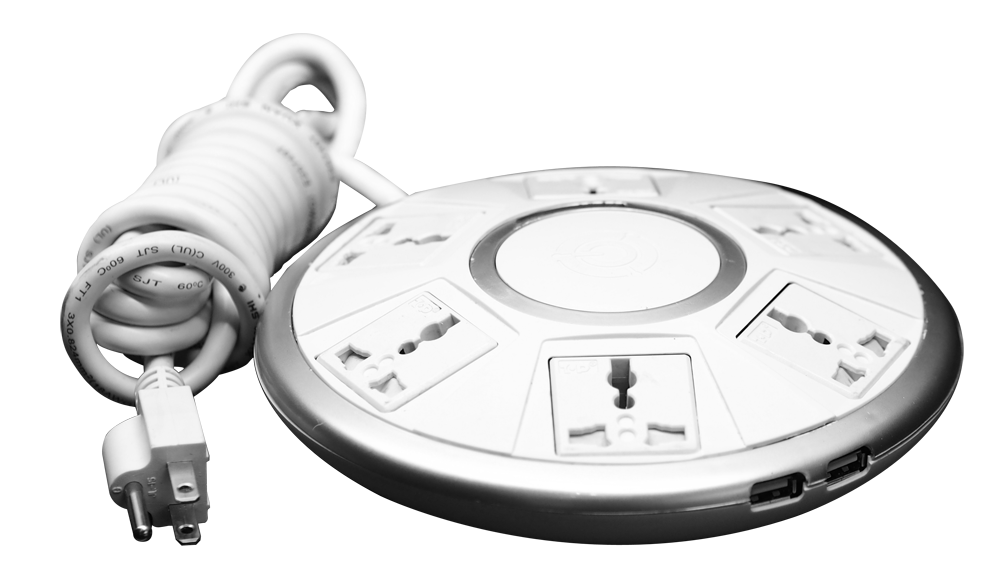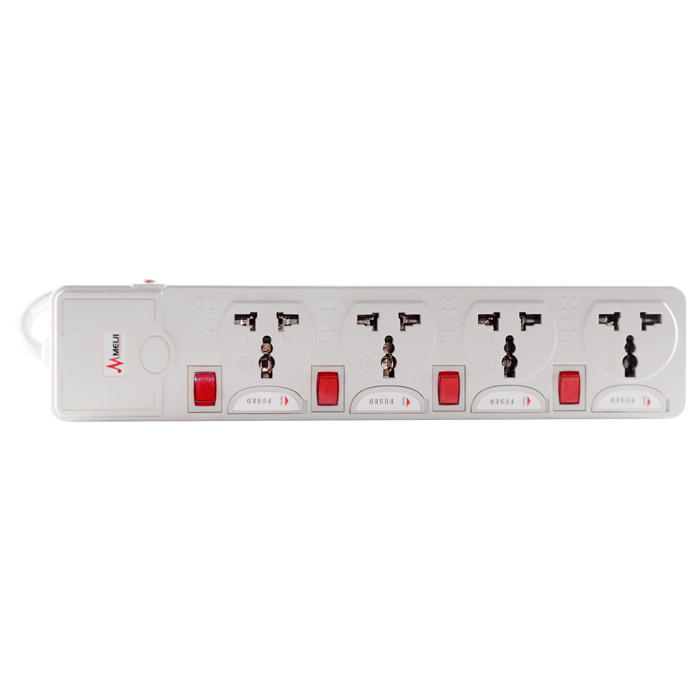An Electrical Company in the Philippines Tells Us the Dos and Don’ts of Using Extension Cords
What are the dos and don’ts of using an extension cord?
- Do use the right type of extension cord
- Do inspect for damage before use
- Do place them in safe places
- Do buy those with a built-in circuit breaker
- Don’t plug them into one another
- Don’t overload with several appliances
- Don’t put them under rugs and carpets
- Don’t use as a substitute for permanent wiring
Extension cords – also known as extension sets – have become such a necessity for households and office spaces that it’s come to the point where it’d be difficult to perform important tasks without them. Useful and convenient as they are, many people aren’t aware of the fact that they pose threats and hazards if they weren’t used properly. Any electrical company in the Philippines would agree with us when we say that extension cord safety is under-prioritized even though it is an equally important aspect of electrical precaution.
When people are asked about electrical devices that could possibly cause electrical hazards, extension cords aren’t among the top answers. Usually, people would mention plugs, outlets, appliances, light fixtures, and such. While it’s great to be wary of these things, it’s important to keep in mind that extension cords pose the same hazards.
Misuse of extension cords has always been one of the top causes of electrical fires around the world. Some may find this bewildering but there are right and wrong ways to use extension cords. We have both listed below, so continue reading to find out more!
Do Use the Right Type of Extension Cord
Extension cords come in a surprisingly wide variety of types that may be difficult for anyone to memorize. The most basic categories are light-duty, medium-duty, heavy-duty, indoor, and outdoor.
Some are also assigned a certain letter that shows what they can and should be used for. An extension cord that is labeled ‘S’ means that it is a general-use cord for indoor spaces, while ‘W’ means it is for the outdoors.
You can find information like this on the packaging, so make sure to check for those and match the description to the intended use.
Do Inspect for Damage Before Use
Much like what you would do for any electrical device, make it a habit to inspect the extension cord for damage before you plug them in.
Check the plug, the cord, and the actual body of the device for anything that could disrupt the flow of electricity whether that’s small food crumbs, dirt, or physical damage. Even if the cord is newly-purchased, you should still do a quick inspection to be extra safe.
Do Place them in Safe Places
Always place your extension cords somewhere you can see them so that you’d immediately be able to notice any signs of damage. It’s also ideal for them to be placed in low-traffic spaces so that people don’t accidentally trip on them. More importantly, avoid placing them in areas where water is a threat (e.g. kitchen and bathroom).
Do Buy Those with A Built-In Circuit Breaker
If used properly, extension cords should not pose any kind of threat to you and your family. But in order to get that extra layer of protection, you should buy ones that come with a built-in circuit breaker. The circuit breaker is incorporated into the cord in order to protect your home and appliances from the dangers of electrical shorts and faults.
Don’t Plug Them into One Another
Never plug extension cords into one another to extend their reach. Many people are guilty of this and we highly suggest that you stop this practice because it’s not safe for you or your devices.
When you connect an extension cord to another, the electrical current and gauge flowing through are reduced. This means that the devices plugged in are going to receive insufficient voltage and this can possibly shorten their life. If the length of the cord isn’t sufficient, then we suggest you purchase a longer one instead.
Don’t Overload with Several Appliances
It’s easy to overload an extension cord because they often come with three or four plug outlets. However, keep in mind that every cord was made to withstand a certain load and it is important to stay within the limits. Exceeding this recommended load is going to lead to power surges that may cause electrical hazards and damage your devices.
In order to avoid this, you should know the amperage and wattage of the appliances you intend to plug in; make sure the overall sum is within the load capacity of the extension cord.
Don’t Put Them Under Rugs and Carpets
People love to hide their extension cords under rugs and carpets to keep them from being eyesores but we are strongly against this. Placing them under a rug, carpet, sofa or bed prevents them from releasing their heat which can lead to overheating, electrical fire, or both.
When you hide them, you might not be able to spot trouble before they could happen. Also, people are more likely to step on them, causing them possible injuries.
Don’t Use as Substitute for Permanent Wiring
Extension cords are only supposed to be temporary solutions for your wiring problems and should never be a permanent addition to the electrical system of your household or office. Continuous use is guaranteed to deteriorate the parts of the cord, opening up opportunities for dangerous electrical shocks and fires. If you have an extension cord that is plugged in a wall outlet 24/7, then you may want to consider having your home or office rewired or moving your appliances around.
Key Takeaway
As one of the leading electrical companies in the Philippines, we highly advise Filipinos to practice extension cord safety. The guidelines posted above should help you determine what you should and shouldn’t do when it comes to extension cords. Educate yourself so you can be assured of your safety at home or in the office.
Meiji Electric Philippines offers a wide range of extension cords. You can view them here. You can also check out our longer types by viewing these: 1301, 1302, 1303, 1304, 1305, 1306, 1307, 1308.




